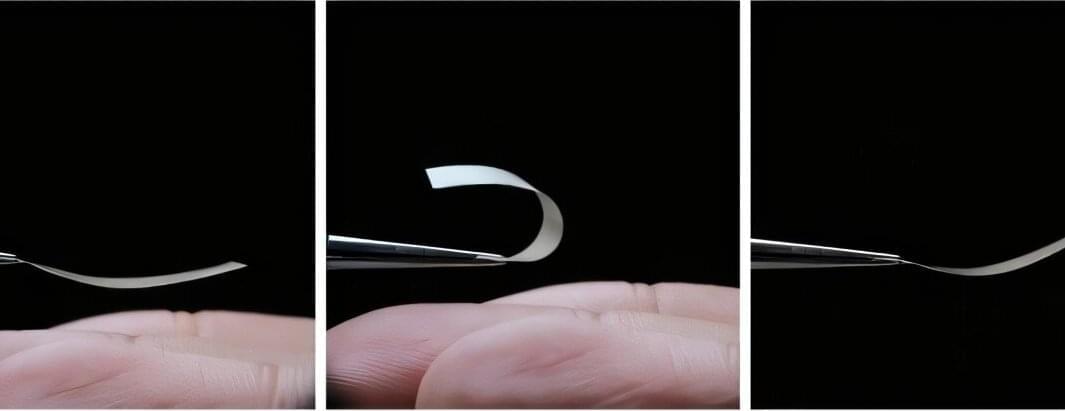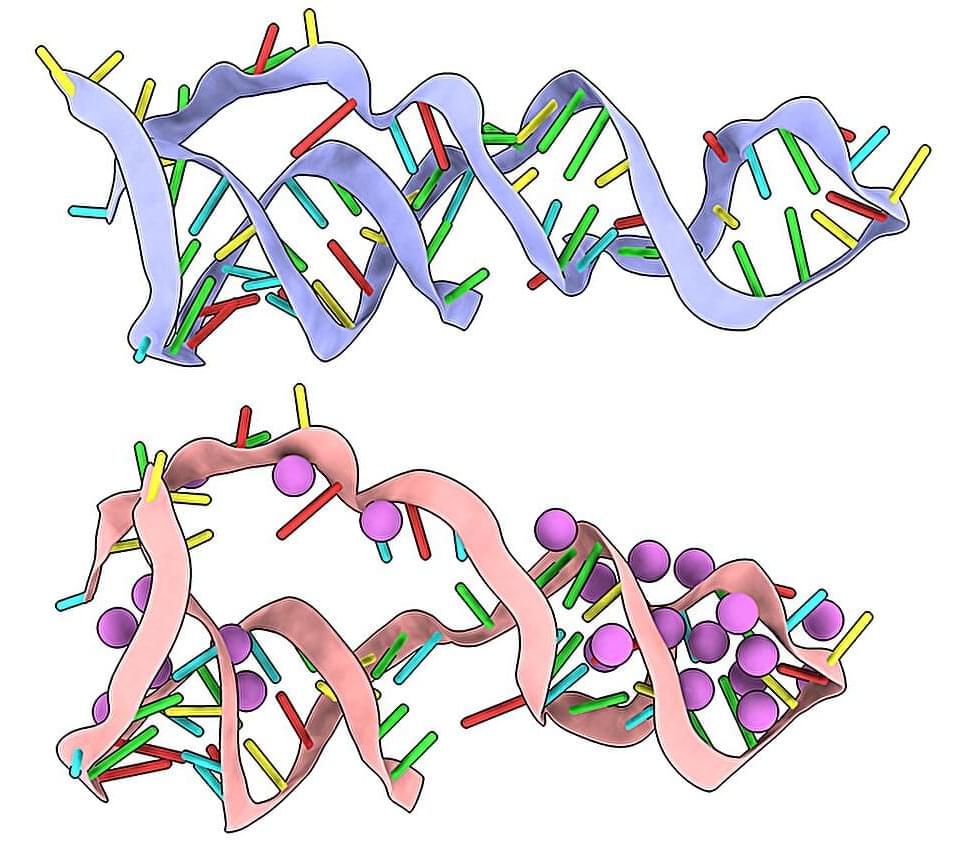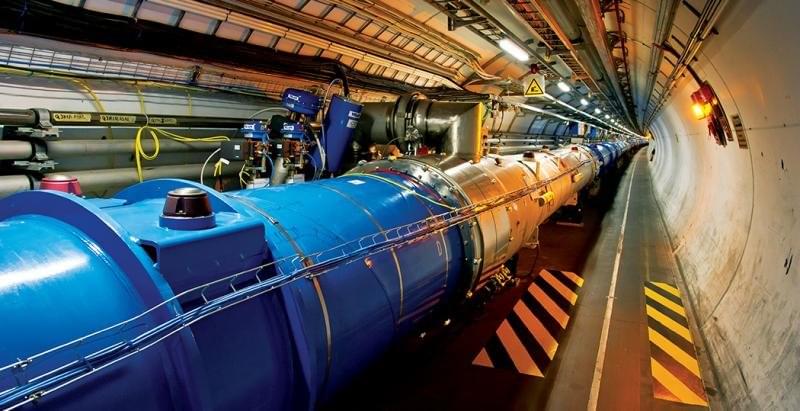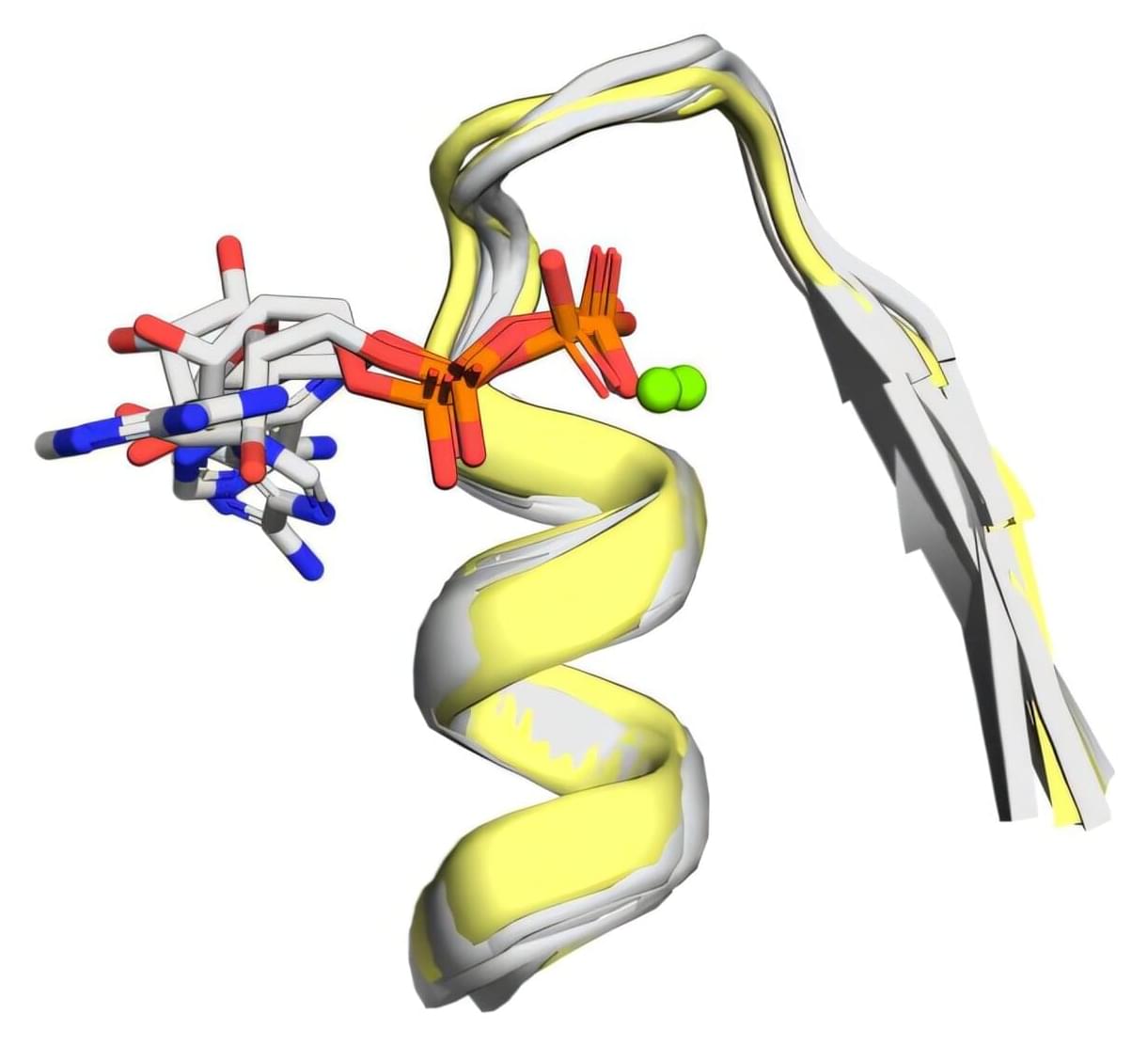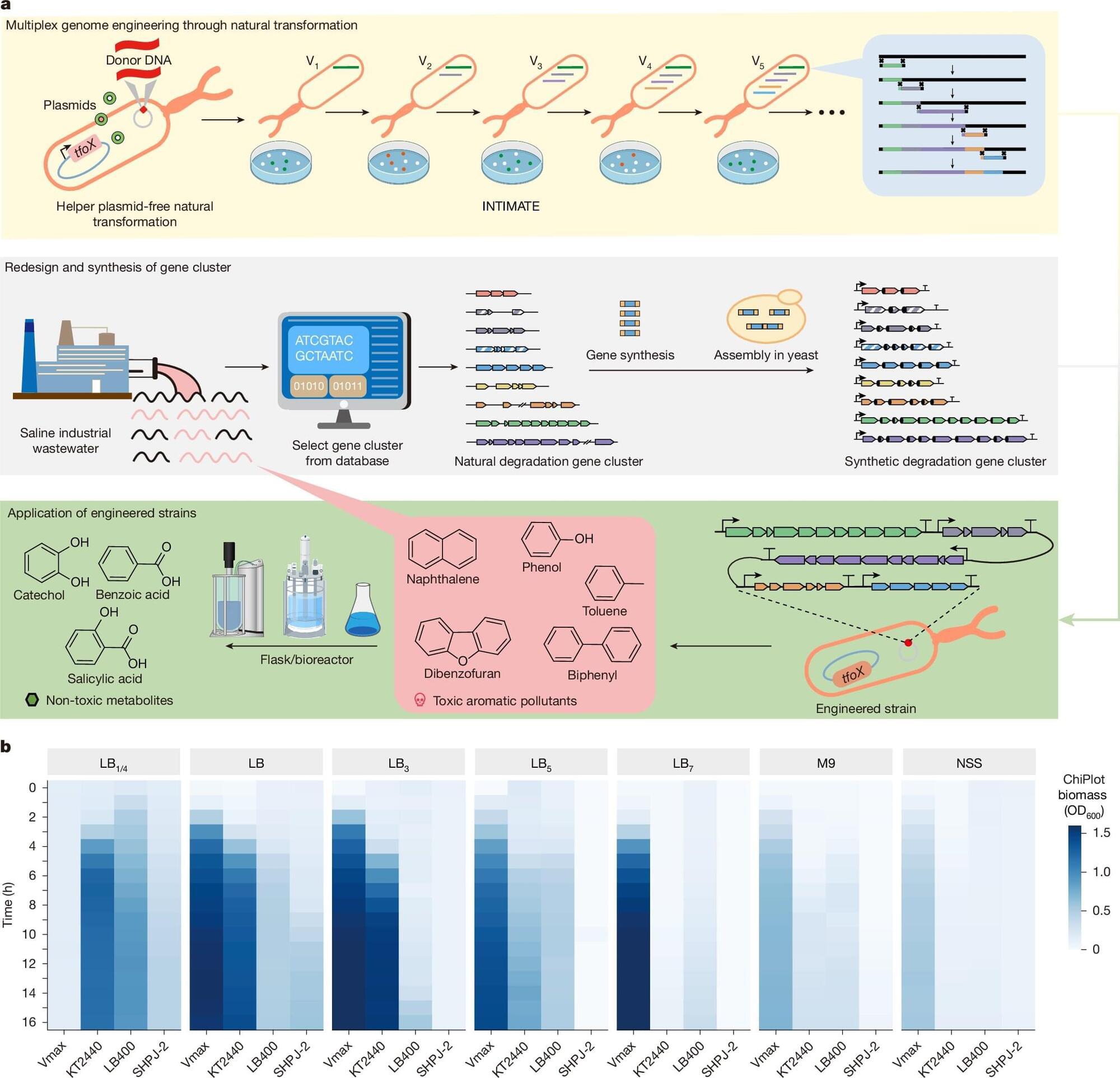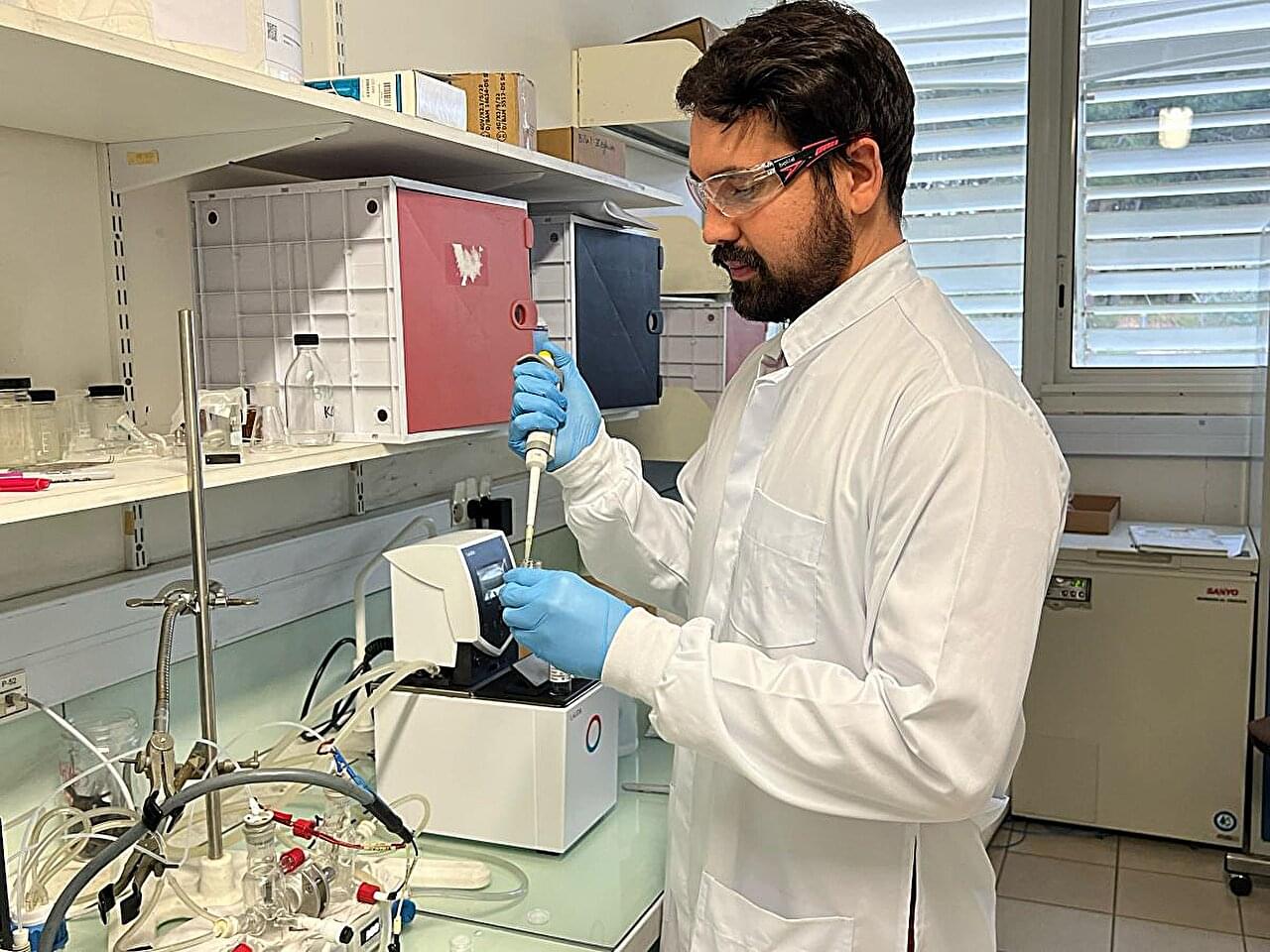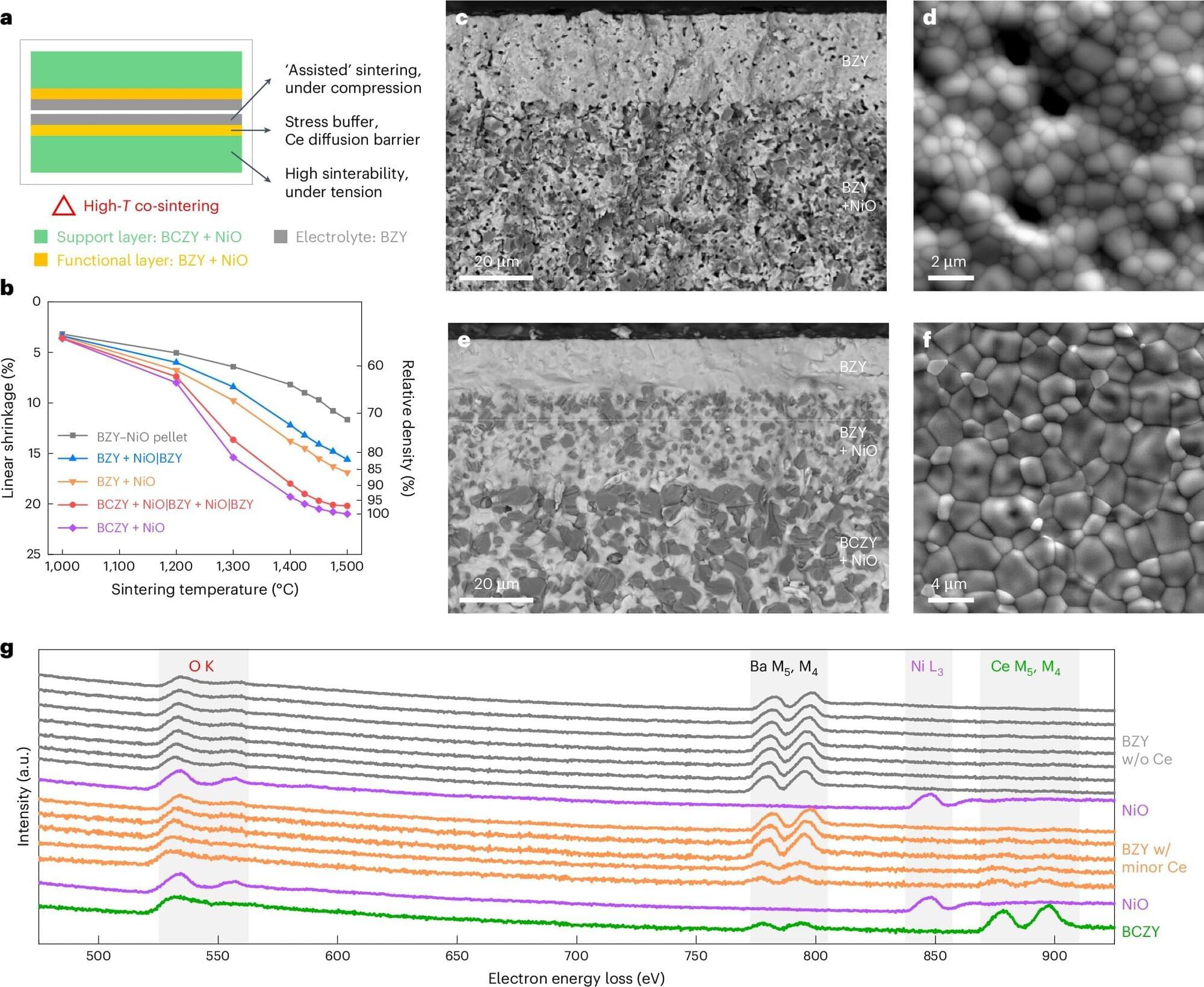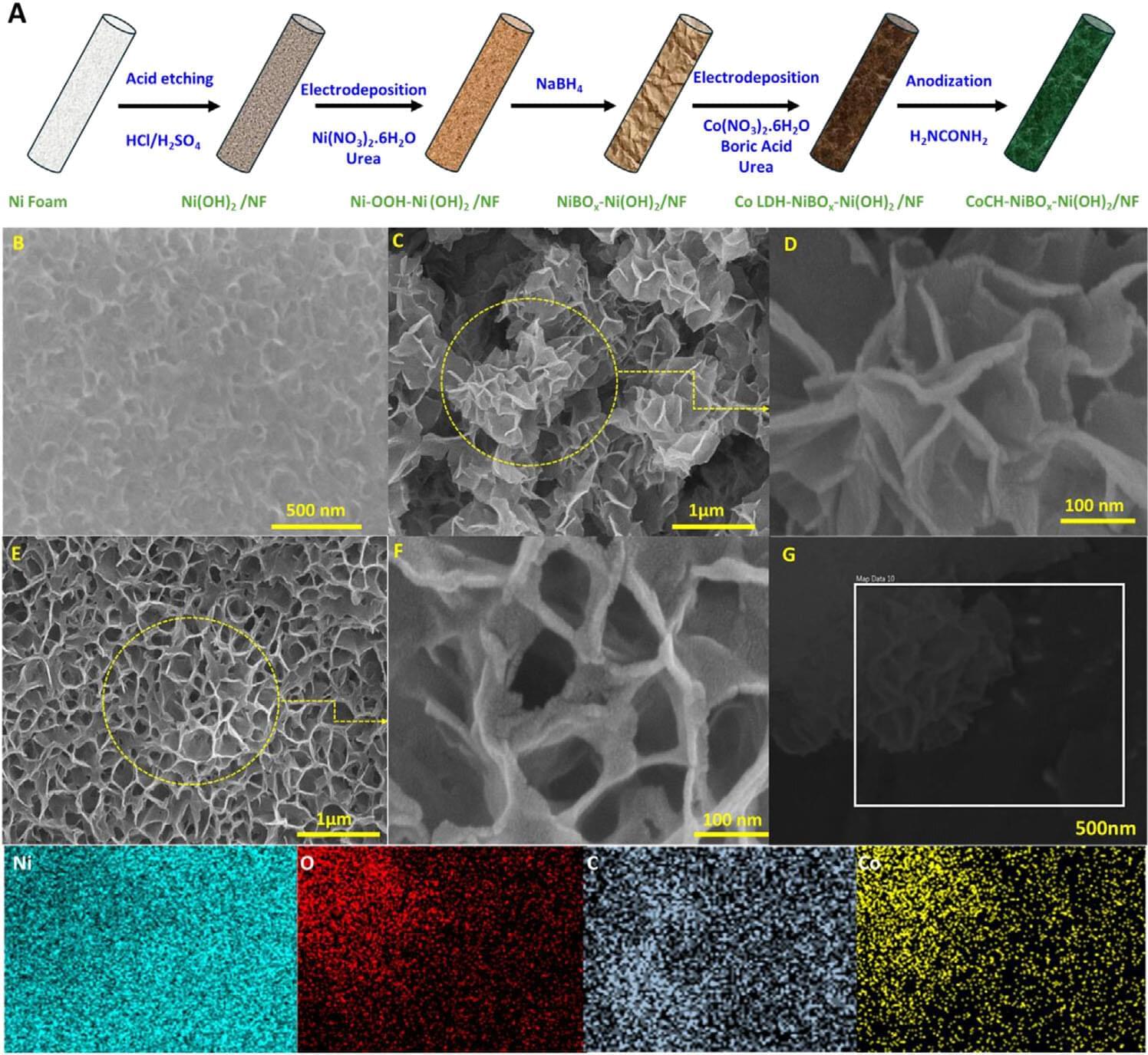In the domain of artificial intelligence, human ingenuity has birthed entities capable of feats once relegated to science fiction. Yet within this triumph of creation resides a profound paradox: we have designed systems whose inner workings often elude our understanding. Like medieval alchemists who could transform substances without grasping the underlying chemistry, we stand before our algorithmic progeny with a similar mixture of wonder and bewilderment. This is the essence of the “black box” problem in AI — a philosophical and technical conundrum that cuts to the heart of our relationship with the machines we’ve created.
The term “black box” originates from systems theory, where it describes a device or system analyzed solely in terms of its inputs and outputs, with no knowledge of its internal workings. When applied to artificial intelligence, particularly to modern deep learning systems, the metaphor becomes startlingly apt. We feed these systems data, they produce results, but the transformative processes occurring between remain largely opaque. As Pedro Domingos (2015) eloquently states in his seminal work The Master Algorithm: “Machine learning is like farming. The machine learning expert is like a farmer who plants the seeds (the algorithm and the data), harvests the crop (the classifier), and sells it to consumers, without necessarily understanding the biological mechanisms of growth” (p. 78).
This agricultural metaphor points to a radical reconceptualization in how we create computational systems. Traditionally, software engineering has followed a constructivist approach — architects design systems by explicitly coding rules and behaviors. Yet modern AI systems, particularly neural networks, operate differently. Rather than being built piece by piece with predetermined functions, they develop their capabilities through exposure to data and feedback mechanisms. This observation led AI researcher Andrej Karpathy (2017) to assert that “neural networks are not ‘programmed’ in the traditional sense, but grown, trained, and evolved.”
